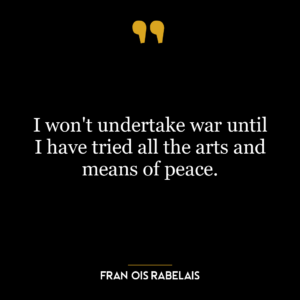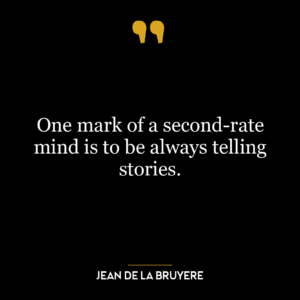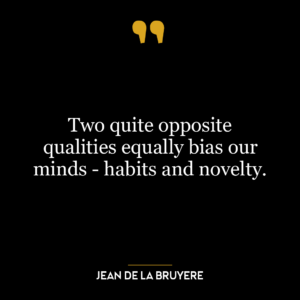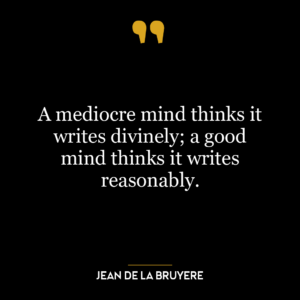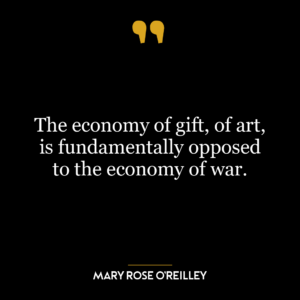This quote suggests that our minds are in a constant state of flux, either resisting the divine influence or embracing it for transformation. It implies that there is no neutral state; we are either in opposition or in alignment with a higher power, in this case, God.
The “war” aspect can be seen as our ego, our desires, and our human instincts that often contradict with divine principles of selflessness, love, and harmony. This struggle can also be interpreted as a resistance to change, growth, or acceptance of a higher perspective.
The “renewal” aspect, on the other hand, signifies a transformation process where we allow divine principles to reshape our thoughts, attitudes, and actions. It is a state of surrender, acceptance, and growth where we align our thoughts with the divine.
Applying this quote to today’s world, we can see a constant struggle between ego-driven actions and those driven by higher principles. For instance, the pursuit of power, wealth, and status often leads to conflict, inequality, and environmental degradation. On the other hand, actions driven by love, compassion, and a sense of unity lead to peace, equality, and sustainability.
In personal development, this quote can be a powerful reminder to constantly check which side our mind is leaning towards. Are our thoughts, attitudes, and actions driven by self-centered desires or are they aligned with higher principles such as love, compassion, and growth? This constant self-evaluation can lead to personal growth and transformation.
Moreover, the quote also suggests that transformation is a continuous process. There is no middle ground or state of inertia. We are either moving backward due to resistance or moving forward through renewal. Hence, it encourages us to be active participants in our own growth and transformation.






